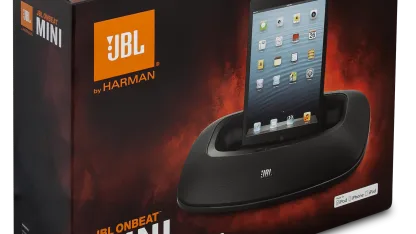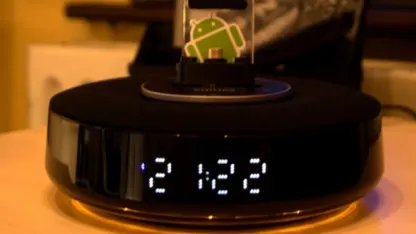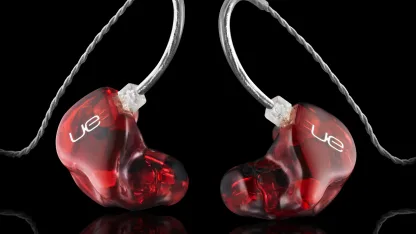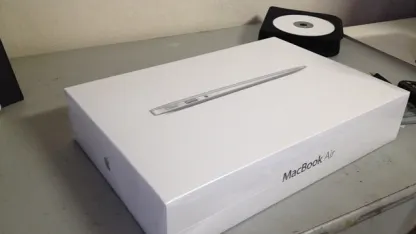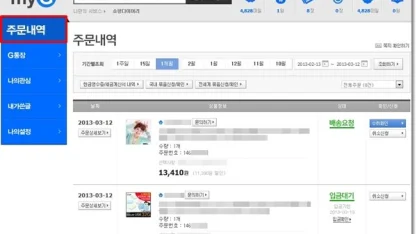JBL OnBeat Mini or JBL OnBeat Micro Speaker Dock with Lightning Connector
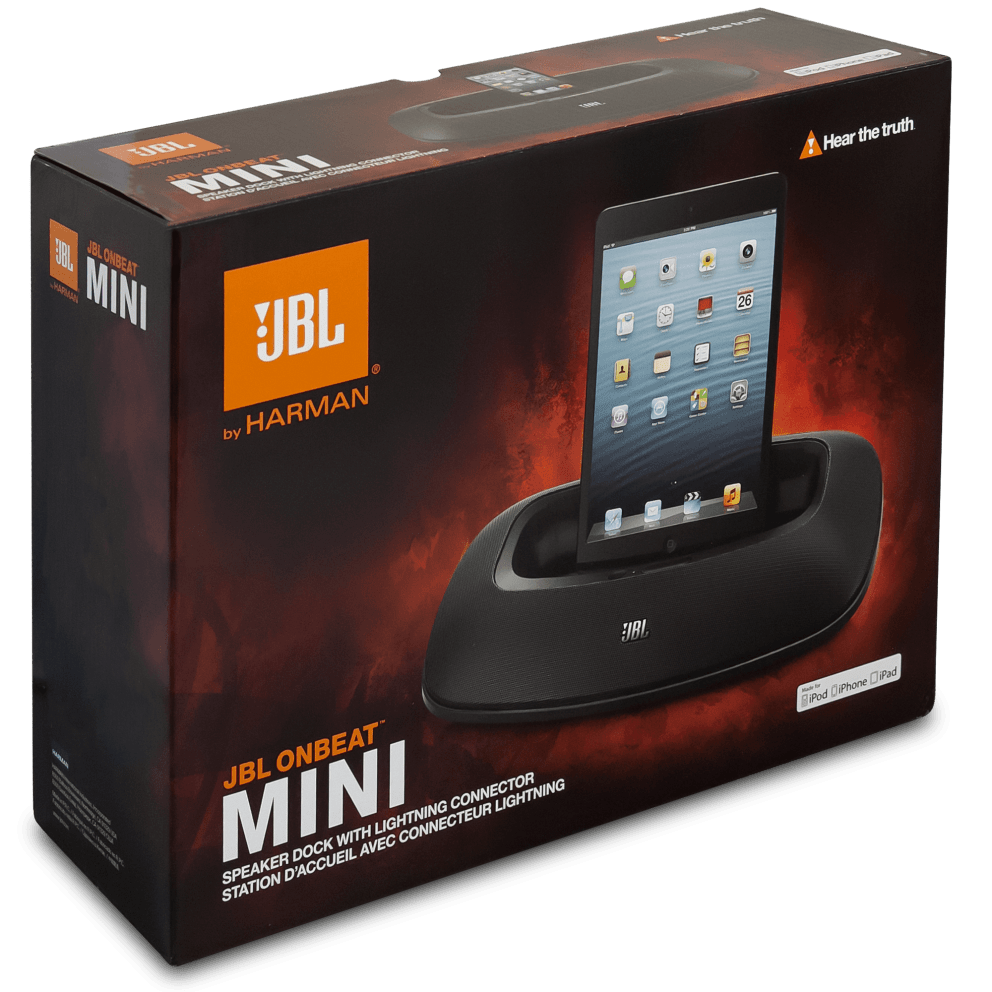
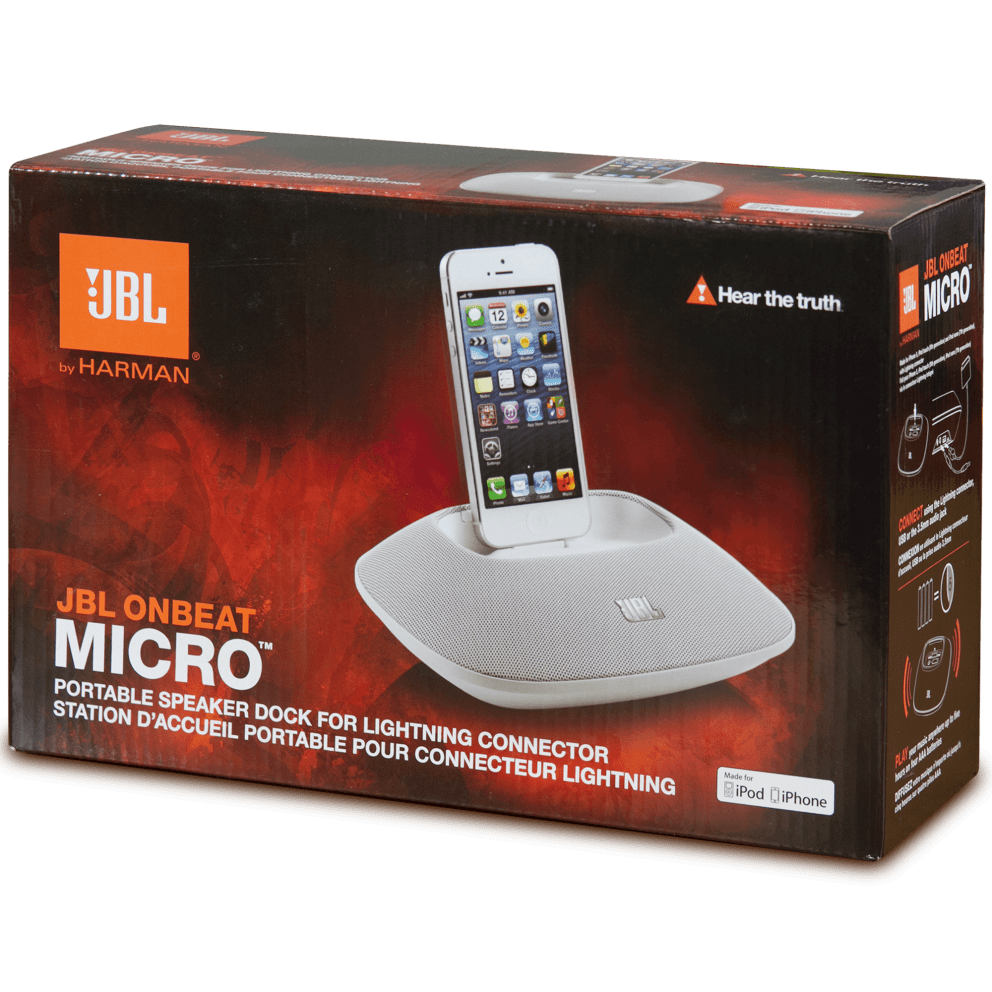
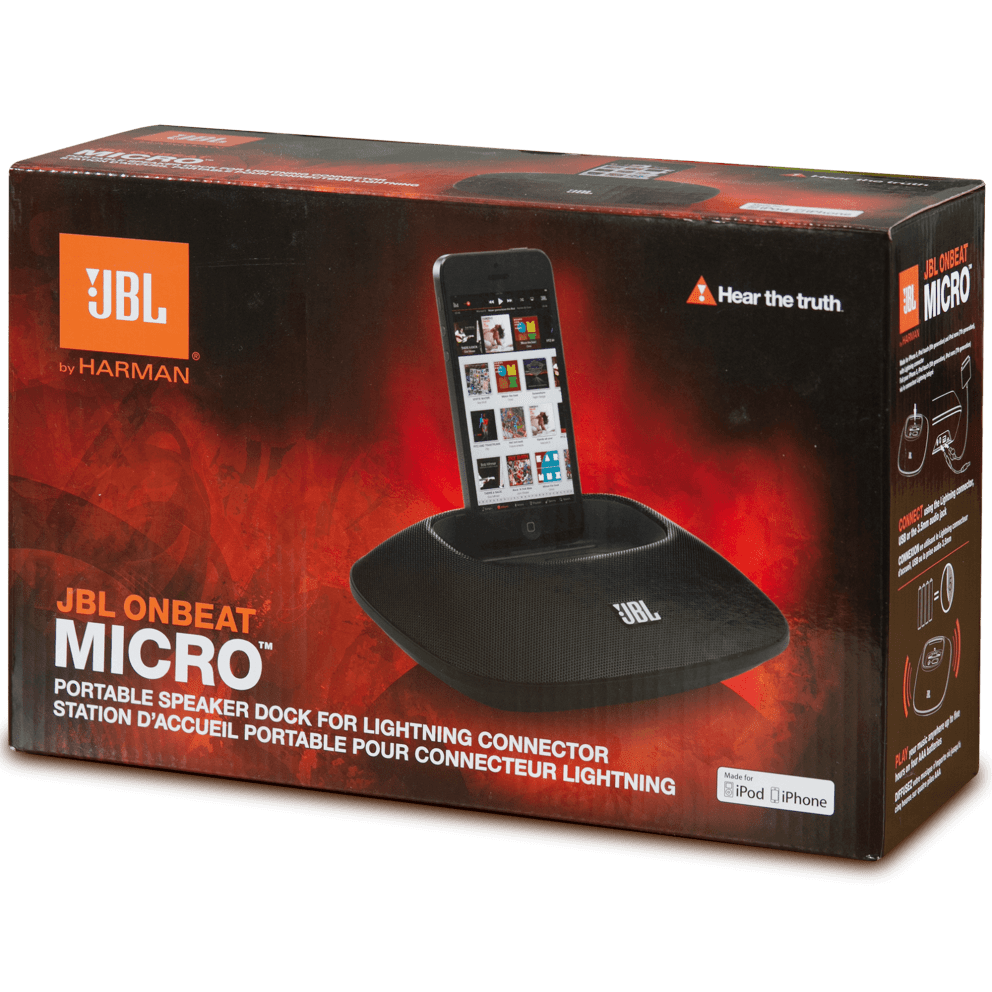
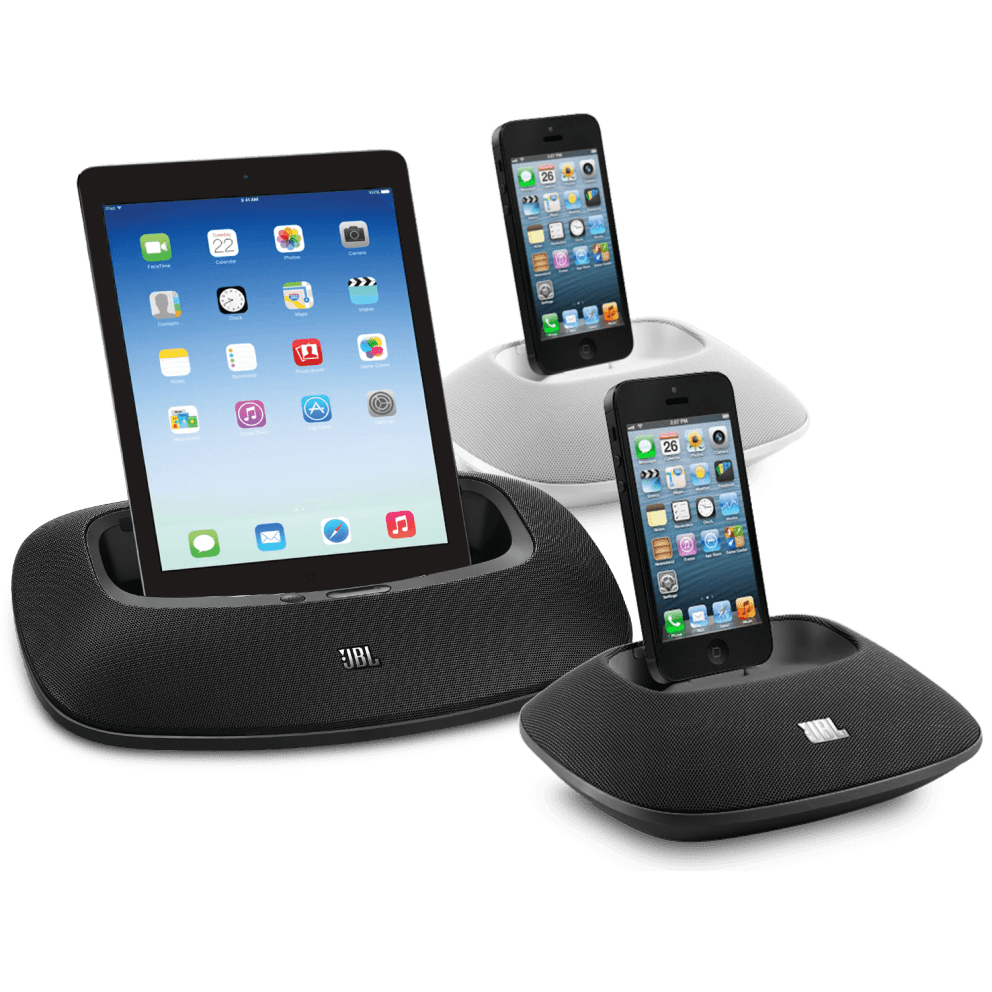
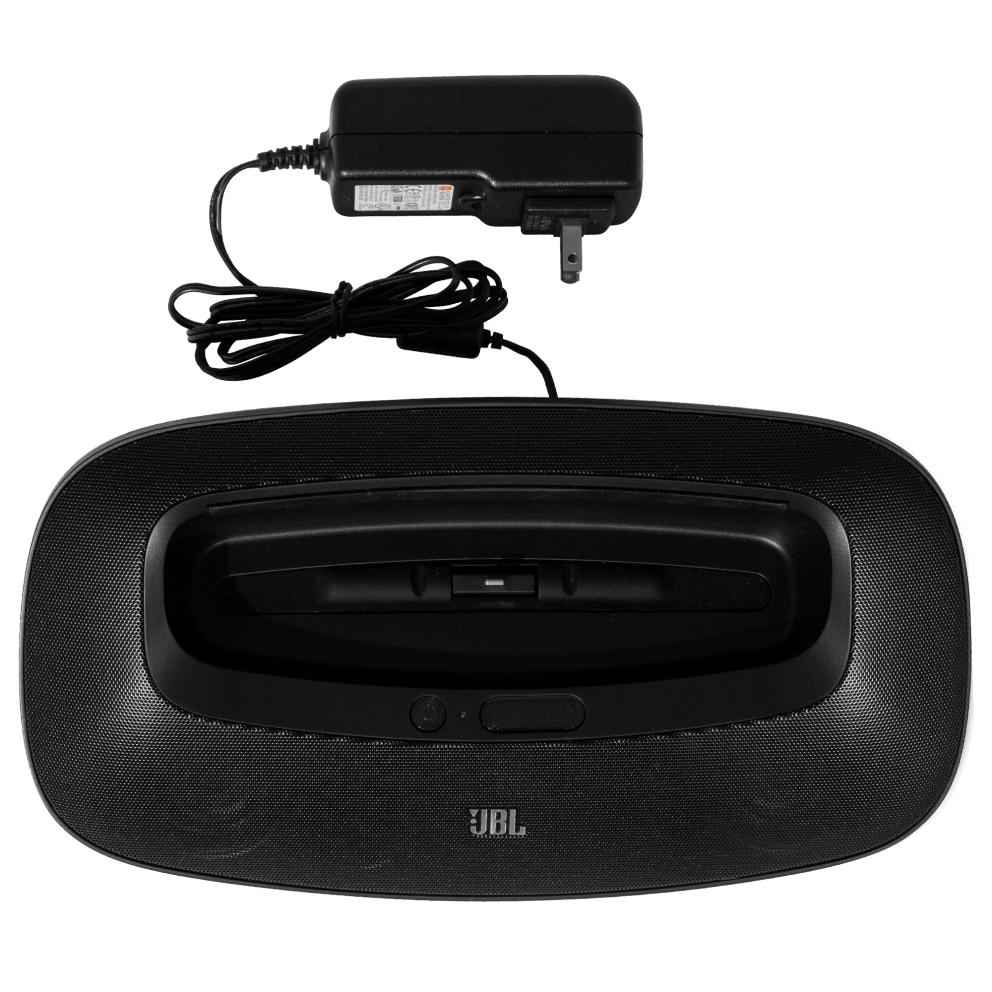

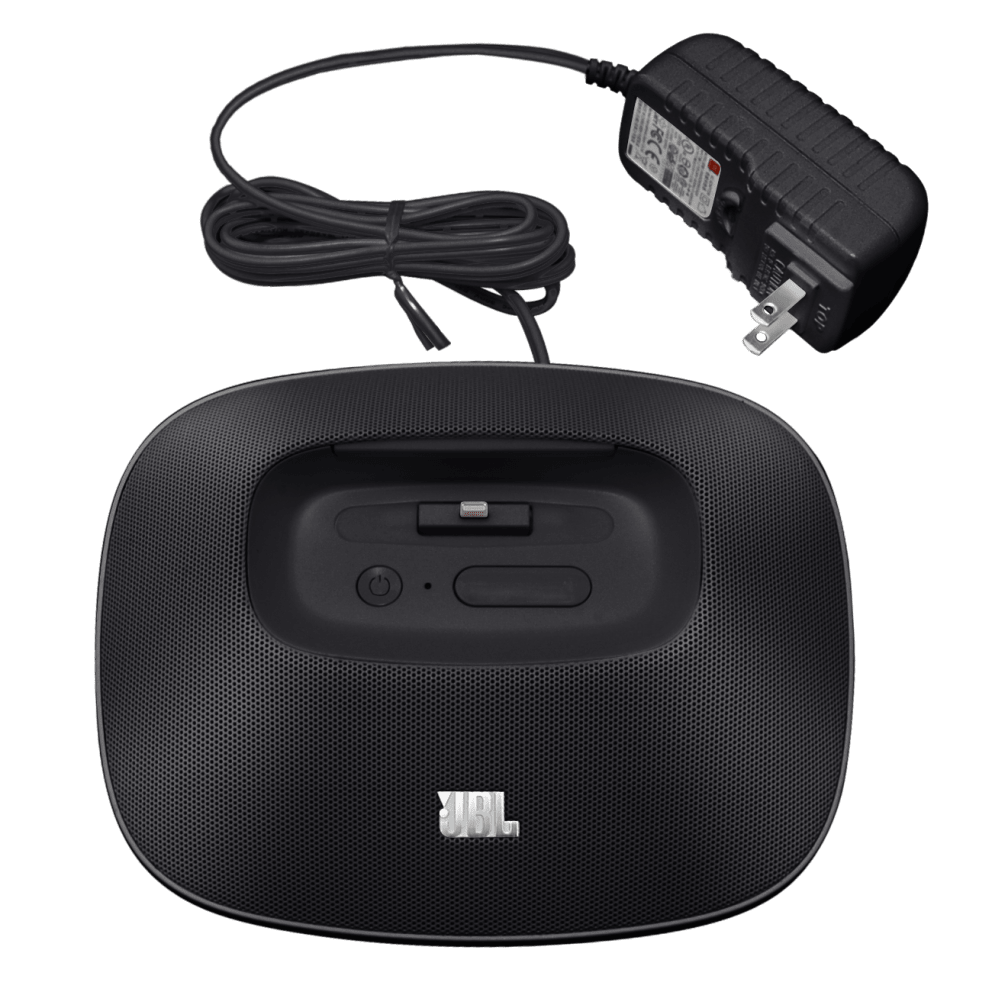

Our Take
- Either iPhone (OnBeat Micro) or iPad (OnBeat Mini) compatible, but both require Lightning connection (no 30-pin)- No Bluetooth- iPad must be upright in the OnBeat Mini, so it sucks for watching movies- Also sucks for listening to music and charging- But at least it’s very cheap
We are all jikgujok.
! ! . . 200 . … , ! , . Meh.com , , , !Are you down with the jikgu revolution? We’re not totally sure we’re pronouncing it correctly. But we can tell you, it’s the reason you see so many Korean customers around here when we run our Friday speaker dock experiments, even though we keep trying to tell them speaker docks suck.See, the Korean economy is dominated by huge conglomerates called chaebols. They’ve long controlled manufacturing and finance, and in the last few years they’ve moved increasingly into retail. The result is, Korean consumers pay retail prices much higher than consumers in similarly affluent countries like Japan and the U.S.But, you know, the Internet. The more Korean consumers see of overseas prices online, the less they’re willing to play ball with the chaebols. They’ve done the math: even paying for overseas shipping and customs, and accepting that it’ll take a little longer for the stuff to arrive, it’s cheaper to buy directly from U.S. companies than to pay the extortionate prices at the local big box. They call it “direct buying”: jikgu. These savvy shoppers are called jikgujok. And last year, they accounted for $1 billion in overseas ecommerce imports to Korea, a 47% boost over the previous year.This June, the South Korean government yielded to the complaints about local price-gouging. Goods priced less than $200 and purchased directly from the United States are now exempt from taxes and documentation. The Korean online deal-sharing community went wild, hunting down overseas deals for fellow jikgujok.One of them noticed us, the first time we sold a speaker dock. And they’ve been coming back ever since. But here’s the amazing thing: we don’t even ship to Korea.Yes, to buy these speaker docks, the jikgujok have to use a freight-forwarding service, a company that provides a U.S. address and then forwards the package on to South Korea. Of course, that adds even more to the cost. But even then, these speaker docks are much cheaper than buying them in a shop in Busan or Gwangju.Now don’t get us wrong. Nobody should buy speaker docks, ever, no matter how cheap. They’re worse than Bluetooth for playing music. They’re worse than a cable for charging your phone. They’re inconvenient and irritating and unnecessary. We stand by our original assessment: “what idiocy vomits up when it’s had too much greed to drink”.Even though we tried to warn them, we feel vaguely uneasy about selling all of these stupid speaker docks to Korea, like an international incident might be just around the corner. But we’re also a little honored and humbled to play a part in sticking it to the chaebols. The jikgujok are our kind of people: smart, free, cheap. Now, if only we can get them to buy something good…

